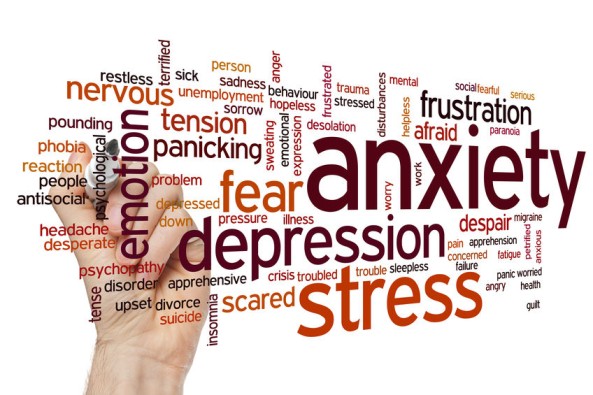Everyone experiences moments of anxiety. For most people, an anxious moment will pass and there will be a long period of time before another one occurs. For those with chronic or long-term anxiety, those anxious moments are much closer together, and in some cases, they are relatively constant.
Anxiety has been classified into several different types of disorders, including:
- Generalized Anxiety Disorder (GAD);
- Social Anxiety Disorder;
- Post-traumatic Stress Disorder (PTSD);
- Obsessive-compulsive Disorder (OCD);
- Phobias; and
- Panic Disorders
And while many of these disorders are simply present in people, some of them can be the result of upbringing, trauma, or simple thinking errors. Whatever the case, living with an anxiety disorder is never easy, but many cases can be treated. If left untreated, a person can experience negative long-term effects on their bodies and mind. Here are some of the physiological effects that long-term anxiety can have on your body.
Headaches/Migraines
One of the most common problems associated with anxiety is having constant, recurring headaches and migraines. These often result from the constant worry and stress accompanied by anxiety. And while headaches and migraines are easy to diagnose, they are not easy to treat as many migraine medications are either insufficient for the pain or have unwanted side effects.
Depression and Fatigue
With the stress that accompanies long-term anxiety, many people feel a sense of doom that, left unchecked, can result in a depressive state. Many people with anxiety are given antidepressants, which only treats a symptom of their overarching anxious condition and does not end up solving the problem. Additionally, fatigue often accompanies depression as the two work off of one another.
Stomach Problems
Many people with an anxiety disorder describe having irregular bowel movements as well as regular bouts of nausea that can often be accompanied by diarrhea. In fact, many of these same patients have self-diagnosed with irritable bowel syndrome, or IBS.
Sexual Frustration
A decrease in libido or desire to have sex often accompanies a person with long-term anxiety and goes hand-in-hand with depression and fatigue.
Increased Blood Pressure
Due to the stress caused by long-term anxiety, increased blood pressure is often found in persons identified to be suffering from chronic anxiety.
Muscle Aches and Pains
In addition to the mental aspects related to anxiety, many people also experience muscle aches and other pains which can sometimes be physical manifestations of an anxiety disorder.
Conclusion
Because anxiety comes with a host of other maladies that can affect both body and mind, it is a good idea to determine whether or not you have long-term anxiety, as this will help avoid placing a bandaid on an injury that goes much deeper than the symptoms. Contact Dr. Anthony Termine today and see if he can help you with your anxiety.

